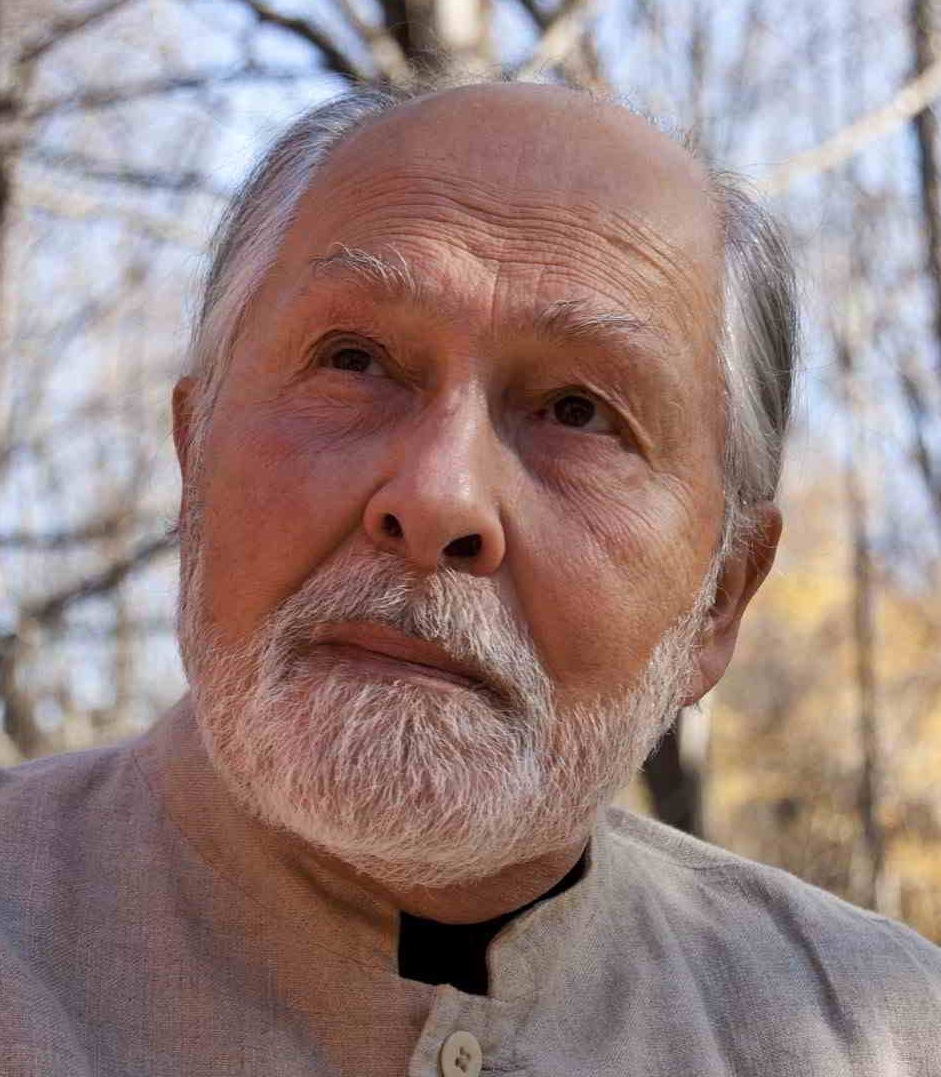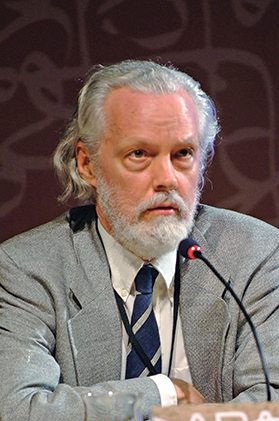McDowellian Naturalism and Strong Emergence
Keywords:
Naturalism, world, reason, emergenceAbstract
Metaphysical naturalism has been the dominant strand since the mid-20th century (e.g., Quine, 1981), though the exact formulation of it has been heatedly disputed (Papineau, 2007/2020). Often it is discussed with its kin physicalism and materialism, though these terms have different connotations and theoretical baggage (Stoljar, 2010). In recent years, a relative consensus amongst the Anglo-Saxon tradition seems to be this: metaphysical naturalism should take the form of certain version of physicalism, and details aside, some form of physicalism has to be right (Kim, 2011). One prominent exception is John McDowell’s variant: accumulated in his seminal work Mind and World (1996a), he has been arguing for a relaxed version of naturalism, which denies physicalism (1996b; for discussions, see e.g., Fink, 2006; Toner, 2008). This variant has not been taken seriously in the naturalism literature, partly because McDowell’s writing style is idiosyncratic, and his works involve elements in continental philosophy, notably German Idealism and hermeneutics (e.g., 1996a, 2003). To remedy this, there are two aims of this paper. The first is to explain why Hans-Georg Gadamer’s distinction between environment and world (1960/2004) is crucial for understanding McDowell’s relaxed naturalism; the second is to explain how contemporary analytic metaphysics can help cash out a crucial missing piece in McDowell’s writings, i.e., strong emergence (O’Conner, 2020; Wilson, 2021).

























